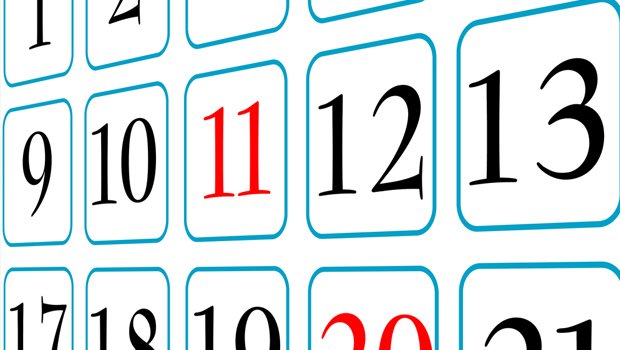Weekly Disability Reading List
/Links to three disability-related articles shared last week on NCCI social media. You can always visit NCCI on Facebook and Twitter at the following links:
Twitter: https://twitter.com/NCCIPlatts
New content is posted every day.
RE: Independent Living Community’s 2024 budget priorities -- New York Association on Independent Living - October 2, 2023
A preview of New York State disability policy priorities for the coming year, in a letter to Governor Hochul.
‘There is still work to be done’: Voters with disabilities face unaddressed barriers to the ballot -- Katherine Gilyard, The 19th - November 9, 2023
Voting accessibility is still a problem. This article demonstrates why, and some of the complex ways it affects people with disabilities.
Dear Abby: Grandma who fixates on grandson’s disability, shames him, may get shut out -- Abigail Van Buren, The Oregonian - November 9, 2023
Families are important sources of support for children growing up with disabilities. But they can also make things harder with more damaging attitudes and behaviors.
Weekly featured video on NCCI’s home page: www.ncci-online.com
DISABILITY | How You See Me - Participant YouTube Channel












